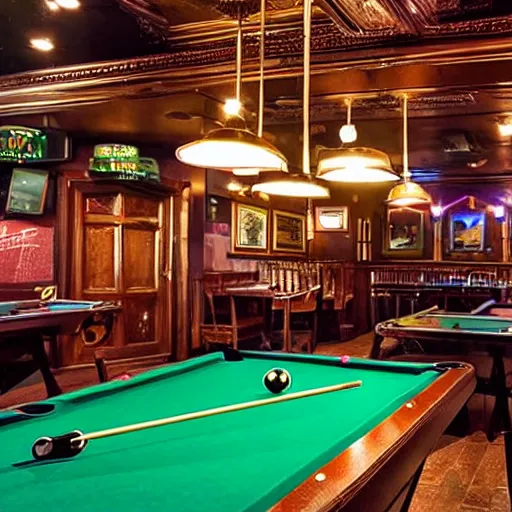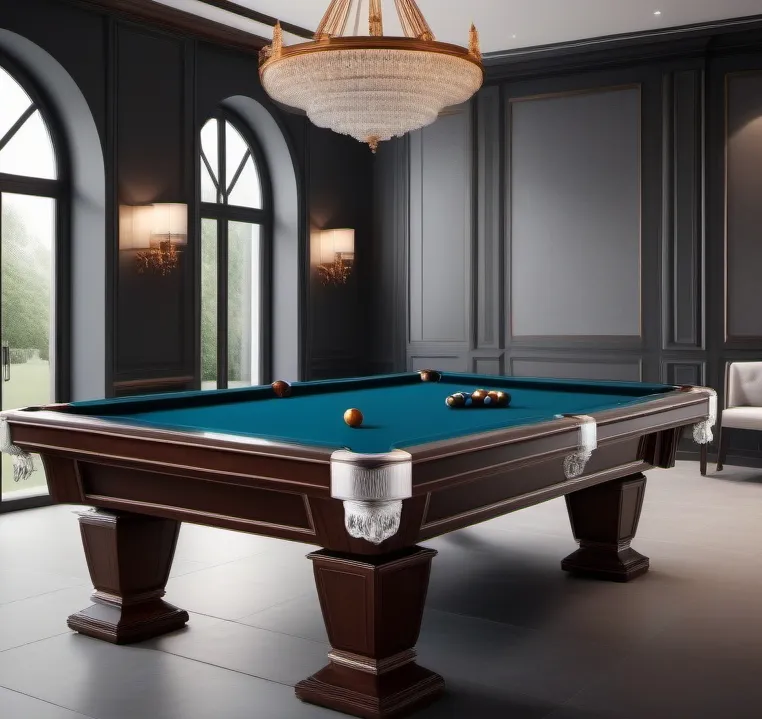Tips for Improving Your Pool Table Skills: Mastering the Art of the Cue
Becoming a skilled pool player requires practice, strategy, and a solid understanding of the game.

In this article, we'll share practical tips and techniques to help you enhance your pool table skills.
From your stance and grip to aiming and shot selection, we'll provide valuable insights and guidance to help you become a better player and enjoy the game to its fullest.
Section 1: Mastering Your Stance and Grip
Your stance and grip serve as the foundation of your pool game. We'll discuss the importance of a balanced and comfortable stance, the positioning of your feet, and the role of body alignment.
Additionally, we'll cover different grip techniques, such as the closed bridge and open bridge, and how they can affect your stroke.
Section 2: Aiming Techniques and Visualization
Aiming is a critical skill in pool. We'll explore various aiming techniques, including the ghost ball method and the parallel lines technique, to help you improve your accuracy.
Learn how to visualize the intended path of the cue ball and object ball, and how to adjust your aim based on factors like spin and deflection.
Section 3: Cue Ball Control and Position Play
Mastering cue ball control is key to becoming a skilled player. We'll provide tips on how to control the speed, spin, and position of the cue ball to set up your next shot.
Discover the importance of planning your shots in advance, using angles and rails to your advantage, and developing a solid understanding of position play.
Section 4: Shot Selection and Strategy
Developing a strategic mindset is crucial in pool. We'll discuss shot selection, including when to play defensively and when to take risks.
Explore strategies for managing the table layout, choosing the right shots based on your skill level, and recognizing patterns to run out racks more efficiently.

Section 5: Mental Focus and Practice
Pool is as much a mental game as it is a physical one. We'll provide tips on developing mental focus, managing nerves, and staying composed during gameplay.
Additionally, we'll emphasize the importance of regular practice, both alone and with others, to refine your skills and build confidence.
Conclusion:
Improving your pool table skills takes time, dedication, and a commitment to continuous learning.
By implementing the tips and techniques provided in this article, you can enhance your stance, grip, aiming, and shot selection to become a better player.
Remember to practice regularly, maintain a positive mindset, and enjoy the journey of honing your pool skills. So grab your cue, chalk up, and get ready to take your game to the next level.





